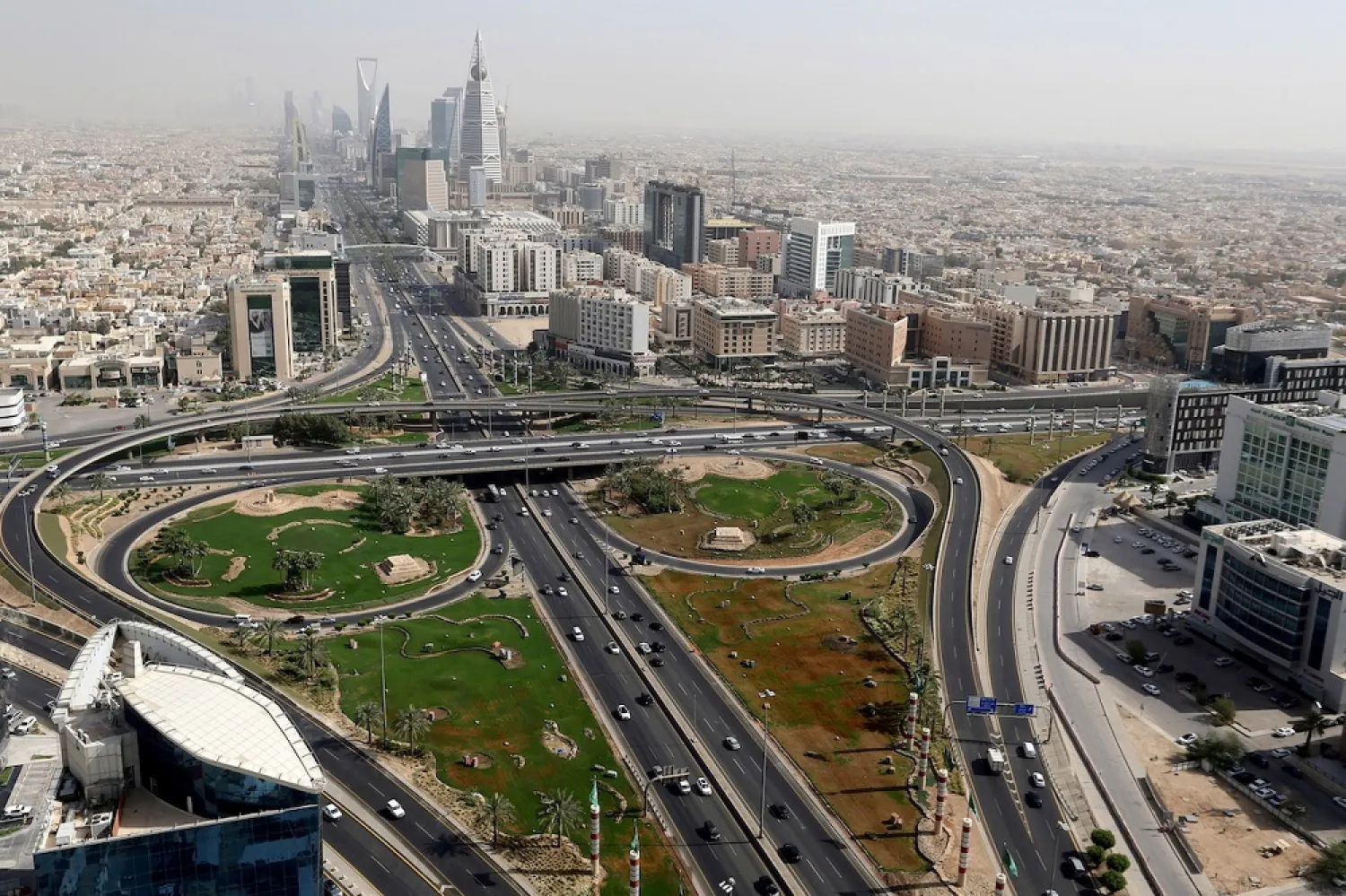The Saudi Industrial Production Index (IPI) recorded its highest growth in three years, reaching 11.1 percent last January on an annual basis, according to official data.
The General Authority for Statistics indicated that the increase in the annual growth rate is a clear indication of the recovery of industrial production in the country.
The increase of industrial production resulted mainly from higher output in the three sub-sectors, mining and quarrying, manufacturing, and electricity and gas supply.
Taking a longer-term view, the growth of the IPI turned positive in May 2021 after a long period of negative growth rates in 2019 and 2020, partly impacted by the effects of the worldwide pandemic.
Since mid-2021, the IPI growth showed a positive trend, accelerating at the end of 2021.
In January 2022, mining and quarrying grew by 11.4 percent compared to January 2021 as Saudi Arabia increased its oil production to its highest level by more than 10 million barrels per day in January 2022.
Manufacturing grew by 9.7 percent, and electricity and gas supplies by 15.7 percent.
Meanwhile, Saudi Central Bank (SAMA) extended the Guaranteed Financing Program - one of SAMA's Private Sector Financing Support Programs - for one more year until March 14, 2023, for micro, small and medium enterprises (MSMEs)
The extensions are consistent with SAMA's mandate of promoting financial sector stability, supporting economic growth, enhancing the Saudi Central Bank's support to MSMEs growth, and overcoming challenges from COVID-19 preventive measures.
MSMEs can benefit from the Guaranteed Financing Program through banks and financing companies that are subject to the supervision of the Saudi Central Bank and are members of the Small & Medium Enterprises Funding Guarantee Program "Kafalah."
Since its launch on March 14, 2020, the Program has benefited more than 13,000 contracts with a total financing value exceeding $2.9 billion.










